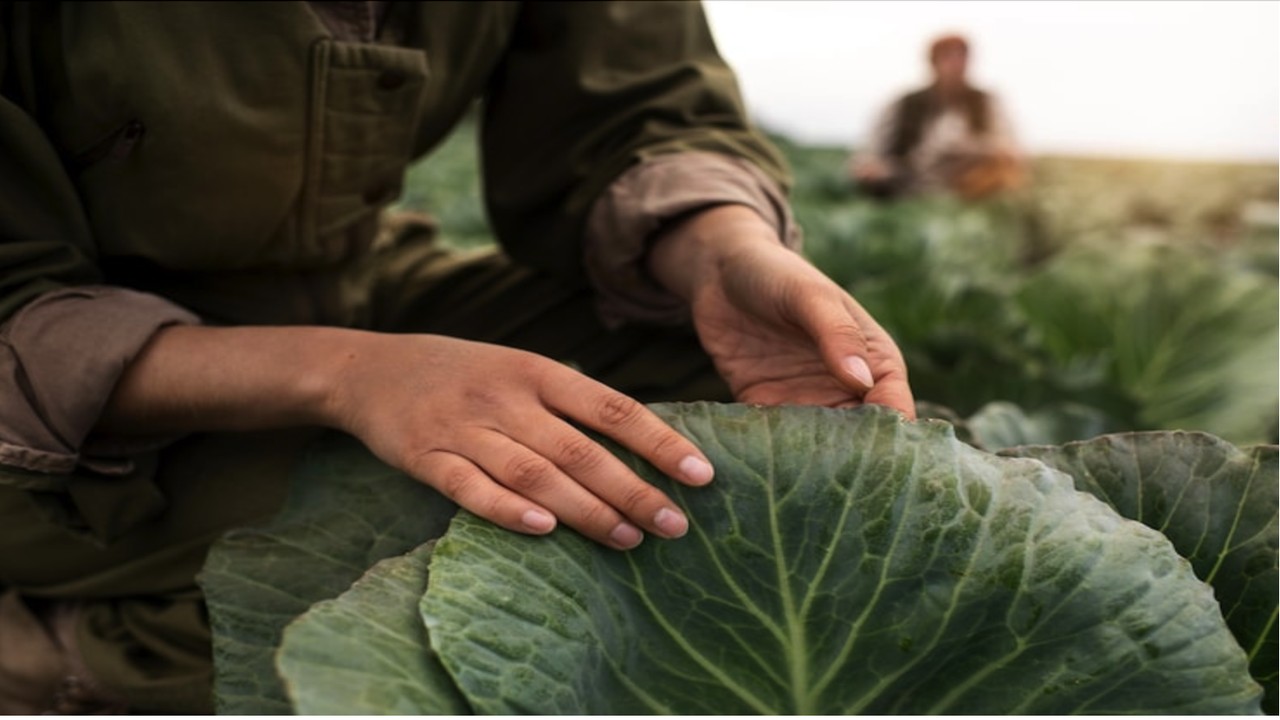 In a groundbreaking move towards sustainable agriculture, PepsiCo, Mars, and ADM have joined forces to launch a regenerative agriculture program in Poland. This collaborative initiative aims to transform 5,454 hectares of farmland, focusing on holistic practices to enhance soil health, water management, and long-term agricultural resilience. By integrating regenerative practices into rotational agriculture, these industry giants are not only reducing environmental impact but also empowering farmers to adapt to climate challenges. Join us as we delve into this innovative partnership that signifies a pivotal shift towards a more sustainable food industry, setting a precedent for global supply chain resilience and climate-smart practices.
In a groundbreaking move towards sustainable agriculture, PepsiCo, Mars, and ADM have joined forces to launch a regenerative agriculture program in Poland. This collaborative initiative aims to transform 5,454 hectares of farmland, focusing on holistic practices to enhance soil health, water management, and long-term agricultural resilience. By integrating regenerative practices into rotational agriculture, these industry giants are not only reducing environmental impact but also empowering farmers to adapt to climate challenges. Join us as we delve into this innovative partnership that signifies a pivotal shift towards a more sustainable food industry, setting a precedent for global supply chain resilience and climate-smart practices.
Leveraging Regenerative Agriculture for Sustainable Supply Chains
The collaboration between PepsiCo, Mars, and ADM to implement a regenerative agriculture program in Poland marks a significant step towards enhancing the sustainability of agricultural supply chains. By focusing on holistic practices that promote soil health and water management, these industry leaders are not only addressing environmental concerns but also fortifying the long-term resilience of farming operations. Through the adoption of regenerative practices in rotational agriculture, such as conservation tillage and cover cropping, the initiative aims to reduce reliance on synthetic inputs and mitigate climate-related challenges. This strategic approach underscores the companies' commitment to driving positive change in the agricultural sector while fostering greater adaptability to evolving market dynamics.
Empowering Farmers Through Collaborative Partnerships
The partnership between Mars Incorporated, PepsiCo, and ADM extends beyond traditional business collaborations by actively involving farmers in the transition towards regenerative agriculture. By providing hands-on training and guidance from technical specialists like Biospheres, the initiative equips farmers with the necessary tools and knowledge to implement sustainable practices effectively. Furthermore, the financial incentives offered to farmers based on the adoption of dedicated practices incentivize the widespread adoption of regenerative methods, thereby creating a supportive ecosystem for agricultural sustainability. This inclusive approach not only benefits the livelihoods of farmers but also fosters a sense of shared responsibility among key stakeholders in driving positive environmental outcomes.
Scaling Impact Through Data-Driven Insights and Collaboration
The use of the Cool Farm Tool to measure and reduce greenhouse gas emissions exemplifies the commitment of PepsiCo, ADM, and Mars to leveraging data-driven insights for informed decision-making. By collecting detailed data and rigorously assessing the impact of their initiatives, the companies aim to generate valuable learnings that can inform future expansion efforts in other markets. This emphasis on data-driven sustainability not only enhances transparency within the supply chain but also sets a precedent for industry-wide adoption of regenerative agriculture practices. Through collaborative efforts and a shared commitment to sustainability, these companies are paving the way for a more resilient and environmentally conscious agricultural system.
Driving Global Impact Through Local Initiatives
The regenerative agriculture program in Poland serves as a testing ground for sustainable practices in a region where agricultural sustainability is at varying stages of maturity. By partnering with local farmers and implementing regenerative practices across different crop rotations, Danone, ADM, Mars, and PepsiCo are not only driving local impact but also contributing to global sustainability goals. This localized approach, combined with a focus on scalability and knowledge sharing, highlights the companies' dedication to fostering long-term resilience in the global food system. As these industry leaders continue to collaborate and innovate, their efforts in Poland are poised to serve as a model for sustainable agriculture practices that can be replicated and scaled across diverse agricultural landscapes worldwide.
Conclusion
In a transformative alliance that epitomizes sustainability and innovation, PepsiCo, Mars, and ADM have spearheaded a regenerative agriculture program in Poland, reshaping the landscape of agricultural practices. By empowering farmers, leveraging data-driven insights, and driving local and global impact, these industry leaders are not only revolutionizing supply chains but also setting a powerful precedent for a more resilient and environmentally conscious food industry. As this collaborative initiative unfolds, it serves as a beacon of hope and inspiration, urging businesses worldwide to embrace regenerative agriculture and forge a path towards a more sustainable future for generations to come.